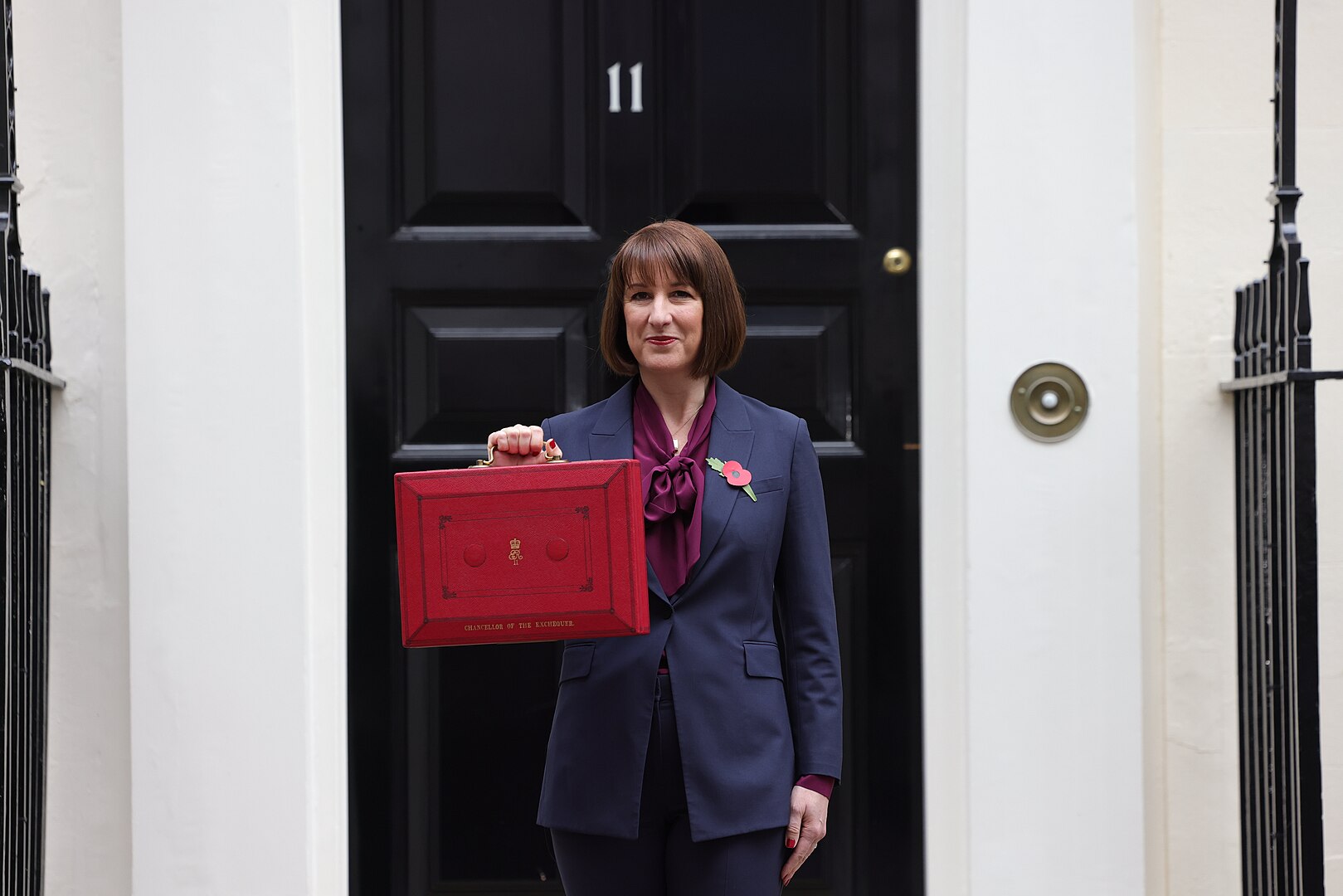 BBC News
BBC NewsBorrowing was £17.4bn last month, the second highest October figure since monthly records began in 1993.

Finito World
For half a century, income tax has been the untouchable nerve of British politics. Since Denis Healey’s 1975 Budget—when the basic rate was last raised—no chancellor has dared cross that particular Rubicon. And yet, in the coming weeks, Rachel Reeves, the UK’s first female chancellor, may do precisely that.
In the calm, choreographed setting of Downing Street’s press suite on Tuesday morning, Reeves made an unusual move for a chancellor this close to Budget Day: she spoke publicly. Not to announce specific fiscal measures—that will come later—but to begin an argument. This wasn’t policy, yet. It was prelude.
Some call it expectation management. Others, pitch-rolling. But Reeves was doing more than softening the ground for difficult decisions. She was making the moral case for hard choices.
In essence, her message was this: the country’s economic health is fragile, the fiscal headroom narrower than it appears, and the demands on the state—whether NHS waiting lists, crumbling infrastructure or a restless civil service—are too pressing to pretend otherwise.
In any normal Budget run-up, the Treasury would stay silent while speculation filled the void. But this time, Reeves chose to speak. That choice alone suggests the gravity of what is under discussion.
And at the heart of it is page 21 of Labour’s 2024 election manifesto. The wording is unambiguous: “Labour will not increase taxes on working people, which is why we will not increase National Insurance, the basic, higher or additional rates of income tax, or VAT.”
It is a promise that now looks increasingly inconvenient. It was designed to reassure voters weary of squeezed incomes and suspicious of Labour’s tax instincts. But it may yet become a trap of the party’s own making. If Reeves breaks it, it will be the most visible reversal of a campaign commitment in decades. If she keeps it, she will have to find tens of billions elsewhere, in a fiscal environment economists describe as “tightening fast.”
So could the taboo fall?
The political risks are obvious. An income tax rise would be seized on by the opposition as proof of Labour’s supposed addiction to taxing the middle classes. It would test Keir Starmer’s core promise of “honest politics” and feed fears that Labour’s economic strategy is less about reform than revenue.
But the economic case, some argue, is mounting. The UK’s debt interest bill is swelling. Productivity remains anaemic. Growth is stubbornly elusive. And in an age of geopolitical uncertainty and climate crisis, the demands on the Exchequer are only rising.
Reeves is thought to favour clarity over concealment—raising revenue through measures that are explicit, even if unpopular, rather than relying on stealthier forms of taxation such as fiscal drag or squeezed departmental spending. That instinct, shared by some of her Treasury officials, may point to a willingness to consider the unthinkable.
It is also shaped by a growing conviction in parts of government that the AI revolution will bring enormous long-term economic change—but not immediate fiscal relief. As one senior adviser put it recently: “The gains from AI are likely to be real but slow. You can’t fund a Budget on potential alone.”
A rise in income tax would, of course, be politically toxic in the short term. But it would also be honest. The Chancellor could argue—indeed, may already be arguing—that responsible government is about levelling with people, not pandering to them. She might claim that after 14 years of “fiscal illusions” under Conservative rule, Labour is returning to fiscal realism.
Reeves’ strategy, if that’s what this is, might be to make the case publicly now so that, should the tax rises come, they are seen not as betrayal but inevitability. In that sense, this week’s appearance was not simply a warm-up act. It was the beginning of a plea—for understanding, for time, and for a kind of grown-up politics.
And yet, there remains an art to political risk. The danger for Labour is not simply in raising income tax, but in doing so too early in the Parliament—before growth has bedded in, before trust is secured, and before Starmerism has any ideological shape beyond managerialism.
If she does press ahead, Reeves will become the first chancellor in 50 years to breach the income tax line. But she will also become the first in years to acknowledge openly that you cannot rebuild a crumbling state for free.
That might be a Budget for the history books. Or it might be one more line in a long, careful prelude to a Budget that stops just short. For now, only Reeves knows which.